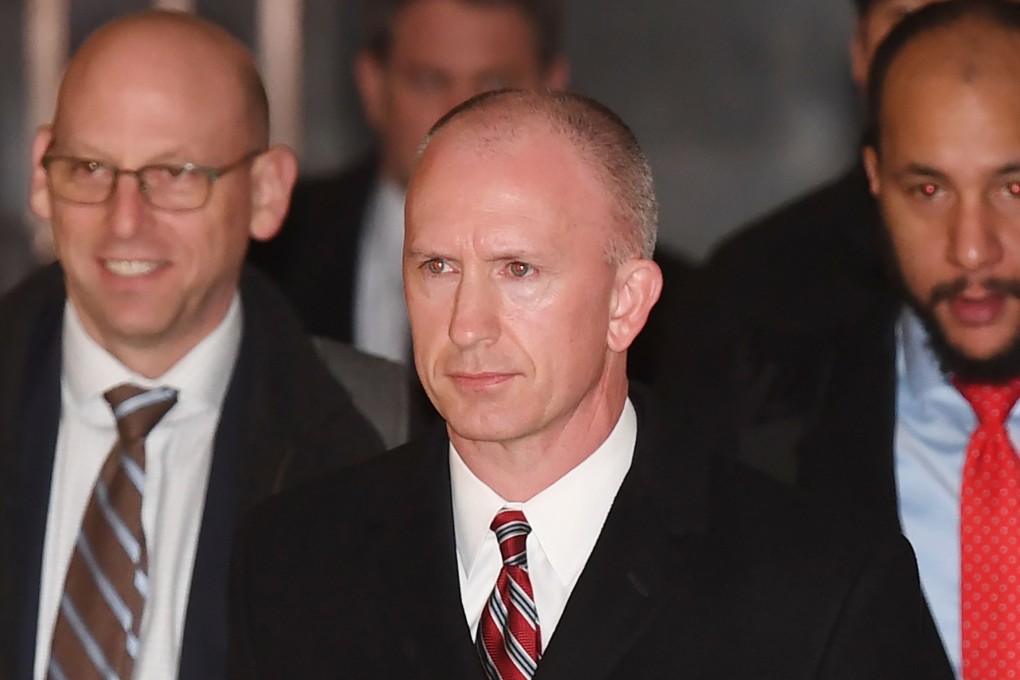China’s team of crack trade negotiators will extract their ‘pound of flesh’, experts say
- Representatives from the administrations of Xi Jinping and US President Donald Trump meeting in Beijing this week in latest round of trade war discussions
- Experienced trade negotiators reveal a ruthless and professional bunch representing Beijing who will drive a hard bargain

China’s crack team of trade negotiators is professional, productive and ruthless and has been described by a group of their international counterparts as “among the best in the world”.
In a series of interviews conducted by the South China Morning Post with experienced current and former trade negotiators, China has been backed to drive a hard bargain in the ongoing dispute with the United States, but to ultimately follow through with whatever its negotiating team shakes on.
Those who have direct experience of thrashing out trade deals with Chinese officials over the years have described them as being straight-talking and clear in what they want to achieve. However, scepticism remains as to whether China makes good on these pledges in the long run.
“I found my counterparts pretty straight, very hard, very difficult, technically excellent, none of this ‘they’re just learning’ crap, they knew what they were doing, and they extracted their pound of flesh,” said a leading trade official who negotiated one of the first bilateral trade deals with China in the 2000s, but who asked not to be identified.
The officials, who have experience of negotiating with China over the past four decades, warned that each move in this week’s Beijing round of talks will be carefully calculated to extract every drop of benefit, from the colour of the carpet to the shape of the table.
“Negotiations were a balloon, and they knew where to squeeze,” said Nicole Bivens Collinson, a trade lawyer who negotiated apparel deals with China on behalf of the US government in the 1990s.